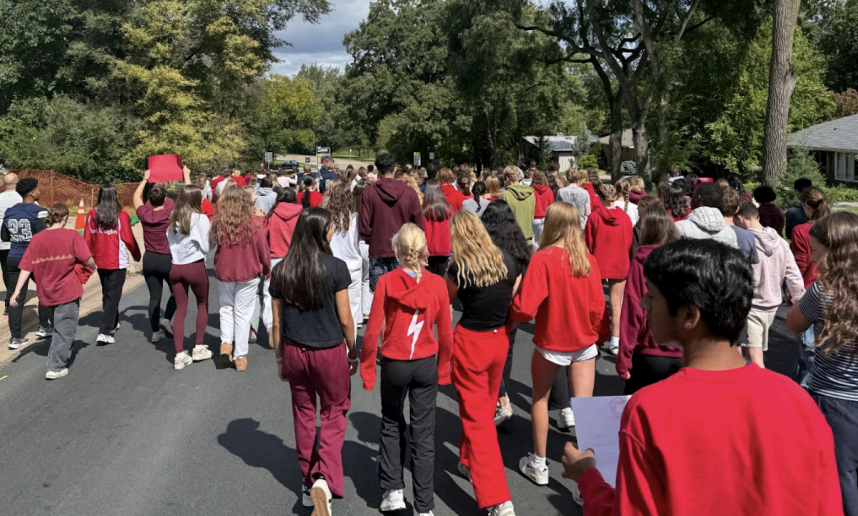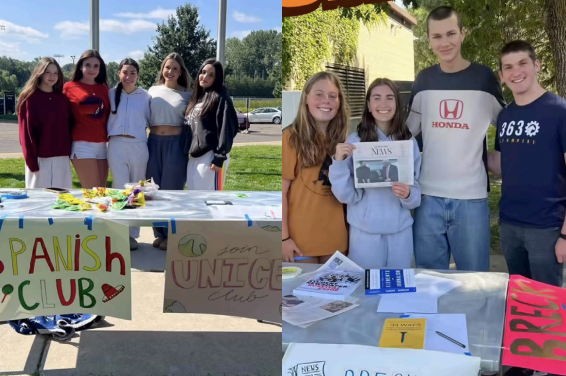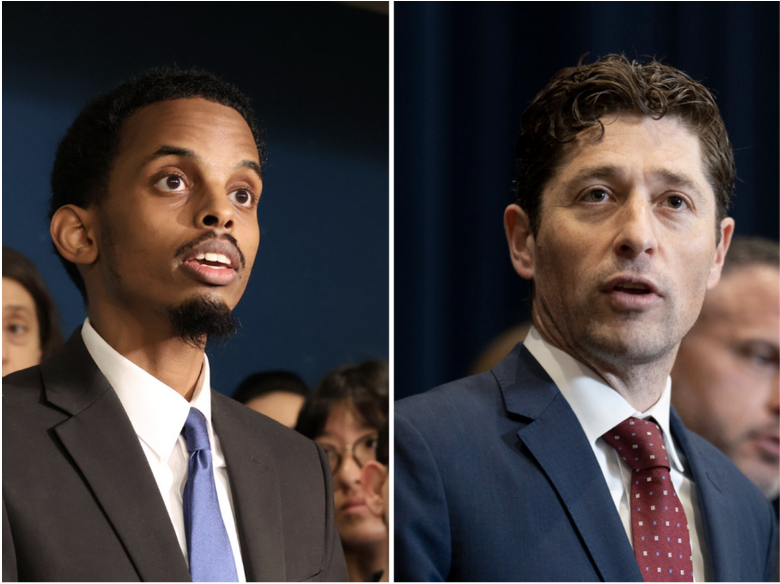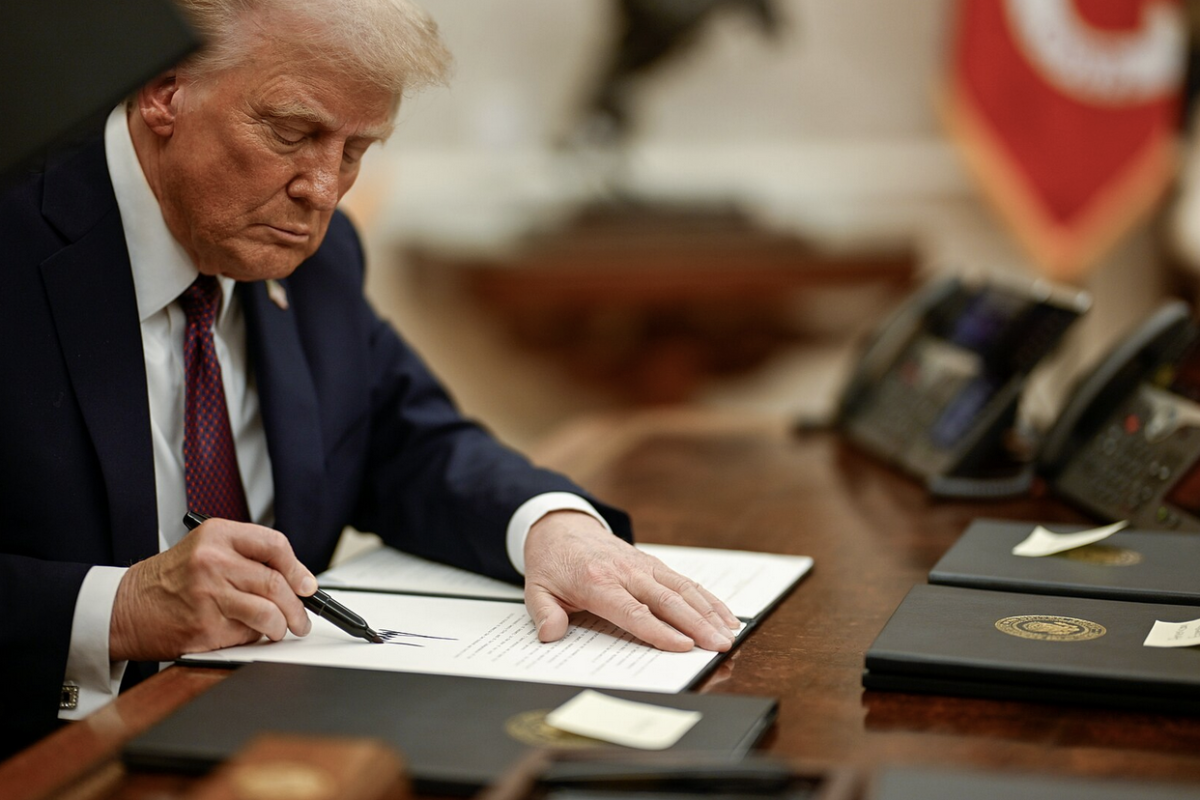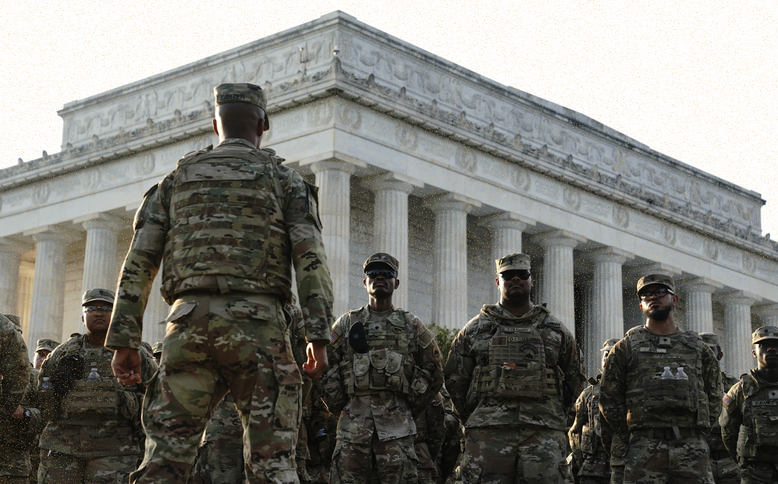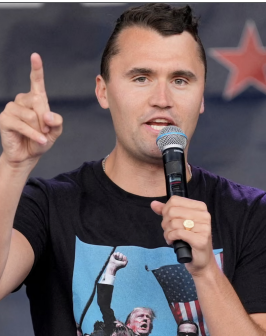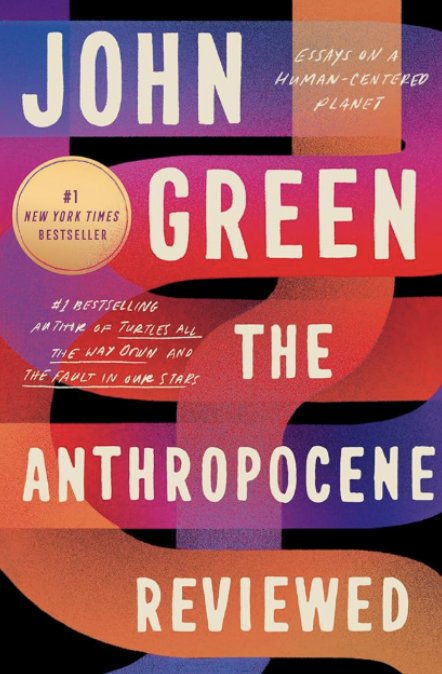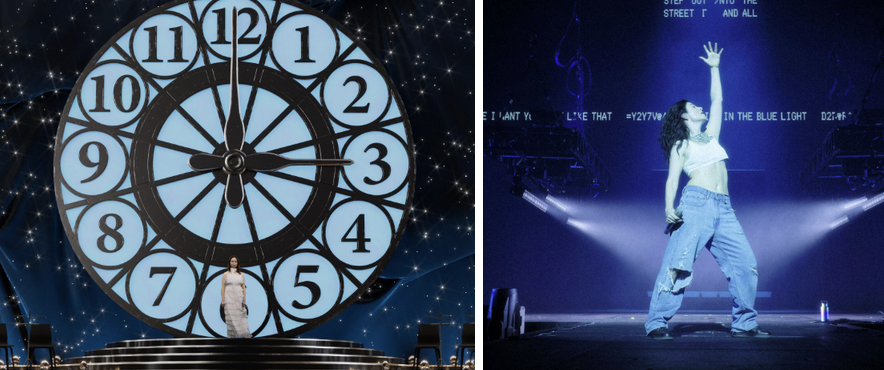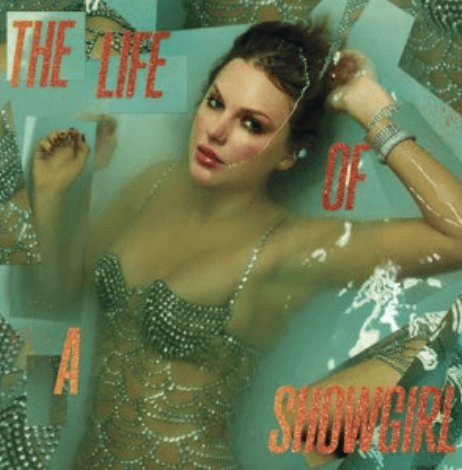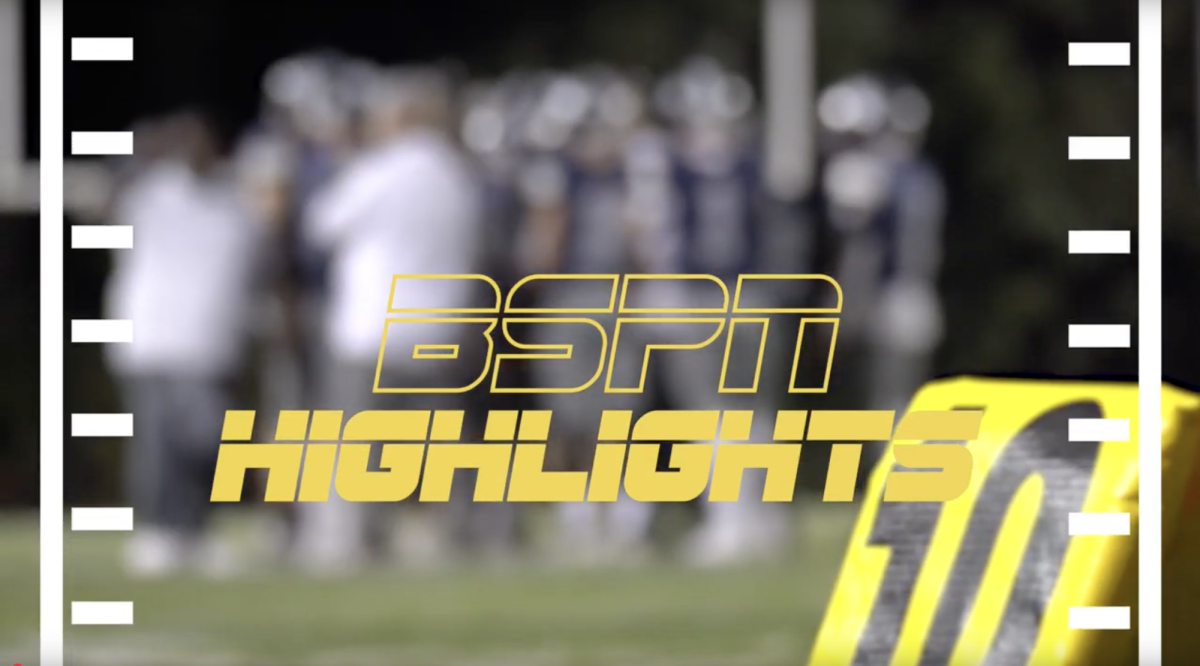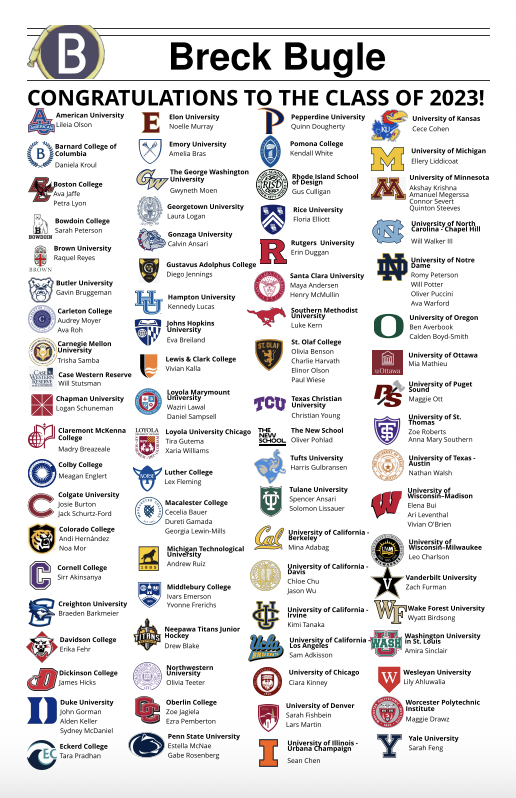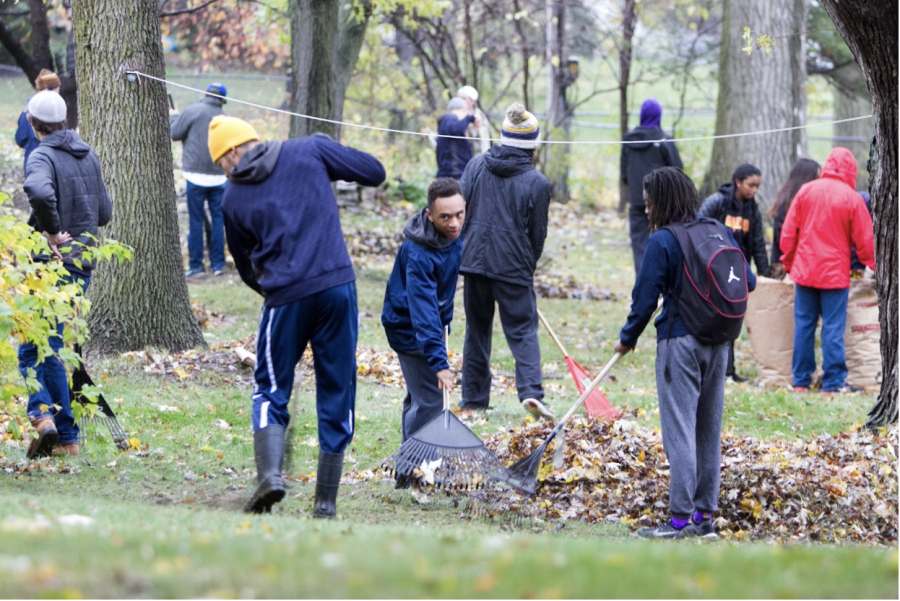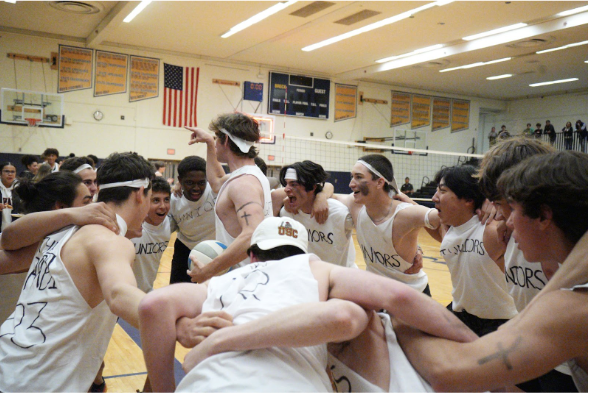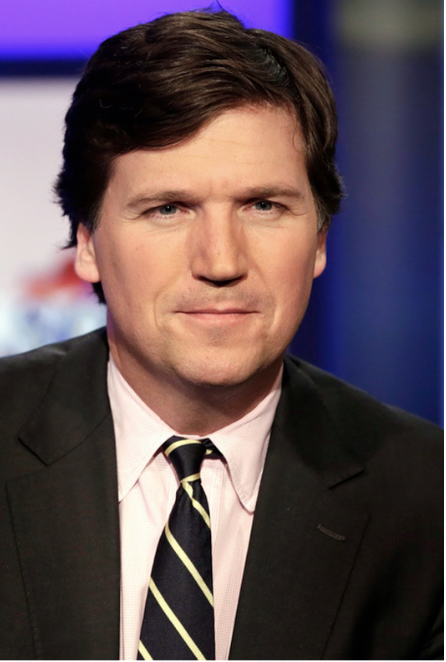In a country still grappling with issues of race and identity, a new documentary has quickly risen to popularity—but not without sparking its own share of controversy. Am I Racist? hit number three in the box office in less than a week, charting behind Speak No Evil, and Beetlejuice Beetlejuice. Despite its recent popularity, however, major news sources and film critics have largely ignored the film. Why? It takes a strong and decidedly anti “woke” stance.
Am I Racist? stars Matt Walsh, an American right-wing political activist and columnist for the conservative news outlet, The Daily Wire. The film borrows greatly from Sacha Baron Cohen’s Borat, with Walsh going “undercover,” posing as a middle-class white American man eager to immerse himself in the ideology of “anti-racism.” As Walsh masquerades beneath his false identity, he earns an “official” Diversity, Equity and Inclusion (DEI) certification and participates in professional diversity training led by some of the movement’s chief voices. Walsh often portrays these participants in the “anti-racist” effort as absurd, inconsistent, and self-contradictory, attempting to expose the movement as a profit-driven industry only benefiting those directly involved. In addition to pretending to participate in the movement, he talks with a number of everyday Americans outside of it, using a man-on-the-street approach to gauge their perspectives on racism today in America.
Despite the film’s attempts to position itself as a revolutionary and comedic exposé, it falls flat. Instead, it’s a transparent and tired commentary, masquerading as something innovative and humorous. The film is packed with half-baked jokes, manipulative editing, and a closed-minded approach. Rather than genuinely engaging with the DEI movement, it criticizes without attempting to understand or learn.
One of the film’s most memorable moments is an interview with Robin DiAngelo, author of the best-selling book, White Fragility. The film makes a point of highlighting that DiAngelo was paid $15,000 for her participation, subtly framing her as someone profiting from the “anti-racism” industry it seeks to critique. During the interview, Walsh disrupts the conversation by asking his Black producer, Ben, to come into frame, and hands him $30 as “racial reparations.” DiAngelo is understandably shocked, and tries to recenter the conversation around overcoming systemic racism. Walsh, however, claims that systemic change is tedious, and that individual acts—like giving reparations on the spot—are more impactful. Following his lead, DiAngelo (who is white) reluctantly goes to her purse and gives Ben some cash as well.
While this scene is portrayed as a “gotcha!” moment, painting DiAngelo as clueless and transactional in her approach to racism, there’s more to the story. In a statement released by DiAngelo after the film’s debut, she reveals how Walsh’s team misrepresented the intentions of the interview, falsely claiming they were from a group that focused on supporting racial equity. She also clarified that she did not request the $15,000 payment for the interview, as the film suggests, but was offered it—money she has since donated to the NAACP Legal Defense Fund. DiAngelo also explains that the scene where she “pays reparations” was a setup. She writes, “Matt…put Ben and I on the spot. Because Matt was pushing this on us, I expressed my discomfort and checked in with Ben, to be sure he was okay with receiving cash in this way. Ben reassured me that he was, so I went to my wallet and handed him my cash and the interview ended. I was so unsettled by the way Matt manipulated this last scene that I emailed the contact person…to explain that this scene was not an example of reparations and could mislead viewers. I asked that they not use it in the film and shared several resources overviewing legitimate systemic efforts for reparations.”
Another particularly controversial scene involves Walsh posting an advertisement on Craigslist for a fake DEI course. The course involves absurd training techniques such as asking participants to rate themselves on a “spectrum of racism,” point to “the most racist person in the room,” and literally “self-flagellate” to repent for their whiteness. The participants reluctantly agree, making themselves look foolish. Though this exaggerated portrayal is meant to ridicule DEI training, it’s an outlandish caricature that would never occur in a legitimate setting. It creates a false narrative that this absurdity is some sort of widespread issue in America—which it’s not.
In the film’s potentially most controversial scene, Walsh asks passersby at the National Mall in Washington, DC to sign a petition to paint the Washington Monument black and rename it the “George Floyd Monument.” Though the petition garners only a handful of signatures, the segment is deeply problematic. It perpetuates a false narrative that acknowledging the need for social change requires rejecting or erasing key aspects of American history. In addition to the false narrative the film creates, it invites the viewer to trivialize Floyd’s death, by turning it into the punchline of a joke—the joke being, “Of course George Floyd’s death is not as important as George Washington.” Turning anyone’s death into a joke is deeply disrespectful, but mocking the death of someone killed by police brutality and trying to place its importance beneath other historical events is especially wrong. Not only is it wrong, it’s also just not funny—so it fails on two fronts. In short, this vignette minimizes the suffering of Floyd, his family, and countless others affected by systemic racism and police violence.
The film culminates in a scripted scene where Walsh is eating in a diner, contemplating his journey through the “anti-racism” movement. Suddenly, he has an epiphany. He abruptly stands up in the middle of the restaurant and essentially exclaims that the reason racism lives on in America is simply because it’s talked about too much, and that if we just stop talking about race, the concept itself will begin to disappear. After he makes this claim, music begins to play, and everyone in the diner begins to hug and celebrate.
To a certain degree, this claim is understandable. Discussions surrounding race can sometimes feel like a competition for who is the most “woke,” or even a search to point out who is the least. They can feel like a mere excuse to put race in the spotlight. What this argument, and Walsh’s entire film overlooks is this crucial fact: no change has ever come without conversation. Talking about and addressing racism in America is crucial to the betterment of our society. The real value of these conversations lies in how we translate them into meaningful action. What’s most important is to take these discussions and form concrete steps to transform our country into a place of equity, freedom, and democracy—where these ideals are not just words, but lived realities.
